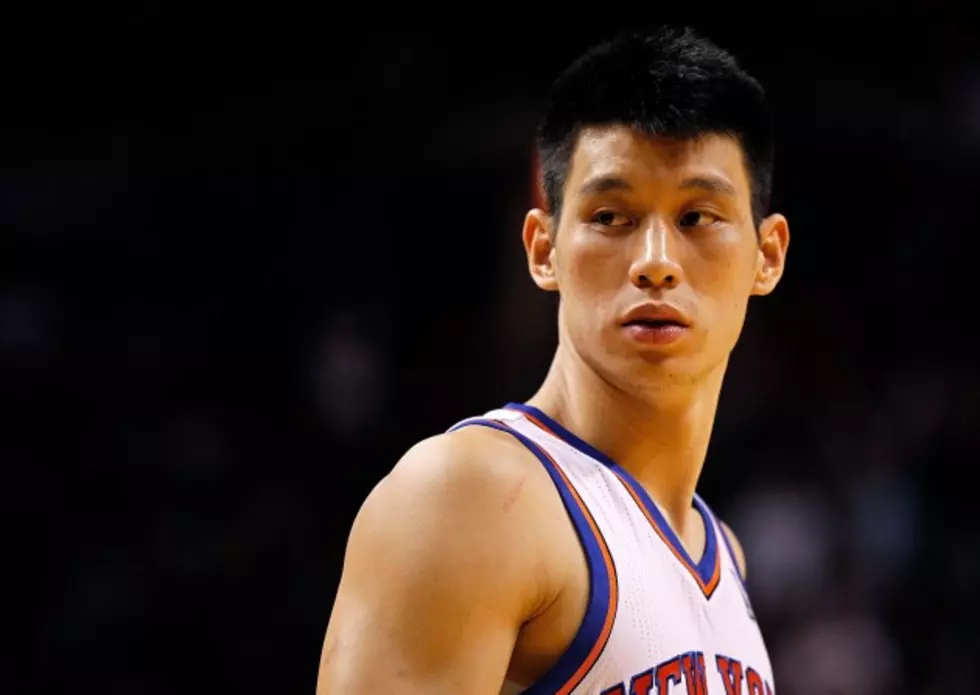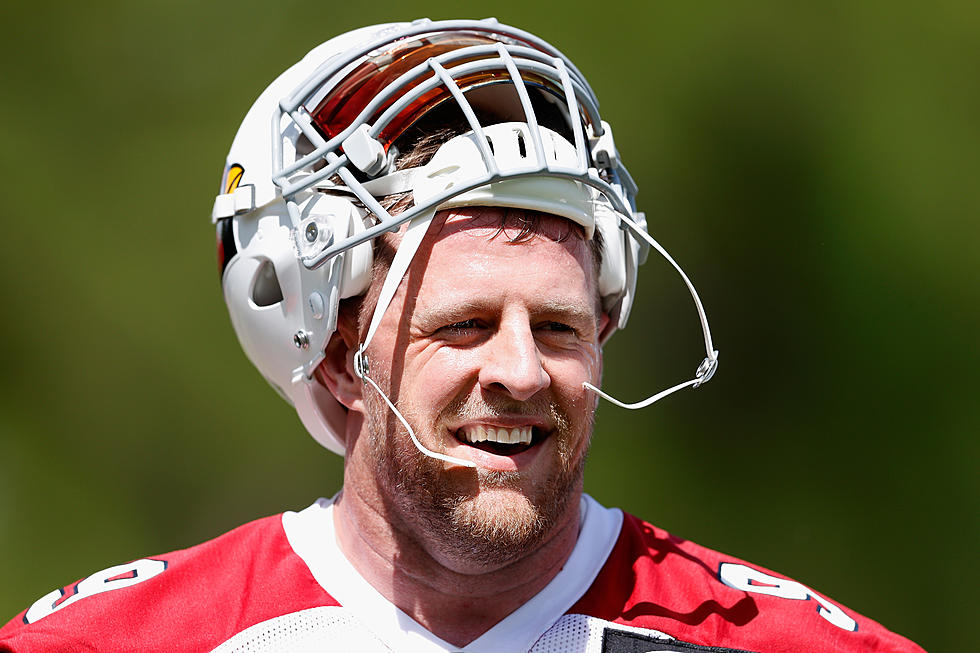
Asian American Journalists Association Provides Guidelines on Basketball Sensation Jeremy Lin Media Coverage
In a move of complete insanity, the Asian American Journalists Association (who knew there was such a thing) released a set of guidelines for covering the latest sports star, Jeremy Lin of the New York Knicks.
For those of you not aware, Lin is an Asian American basketball player that has captured the attention of many across the country for coming out of no where and becoming one of the NBA's top players.
A few media outlets, including ESPN, have made some comments that are making many in the Asian community uncomfortable. In a move that is suppose to clear up any confusion on how to cover the Asian superstar, may actually be one of the most racist, stereotyped things I've ever read, check out some highlights after the jump
The AAJA calls these "Danger Zones" when talking about Lin:
DANGER ZONES
"CHINK": Pejorative; do not use in a context involving an Asian person on someone who is Asian American. Extreme care is needed if using the well-trod phrase "chink in the armor"; be mindful that the context does not involve Asia, Asians or Asian Americans. (The appearance of this phrase with regard to Lin led AAJA MediaWatch to issue statement to ESPN, which subsequently disciplined its employees.)
DRIVING: This is part of the sport of basketball, but resist the temptation to refer to an "Asian who knows how to drive."
EYE SHAPE: This is irrelevant. Do not make such references if discussing Lin's vision.
FOOD: Is there a compelling reason to draw a connection between Lin and fortune cookies, takeout boxes or similar imagery? In the majority of news coverage, the answer will be no.
MARTIAL ARTS: You're writing about a basketball player. Don't conflate his skills with judo, karate, tae kwon do, etc. Do not refer to Lin as "Grasshopper" or similar names associated with martial-arts stereotypes.
"ME LOVE YOU LIN TIME": Avoid. This is a lazy pun on the athlete's name and alludes to the broken English of a Hollywood caricature from the 1980s.
"YELLOW MAMBA": This nickname that some have used for Lin plays off the "Black Mamba" nickname used by NBA star Kobe Bryant. It should be avoided. Asian immigrants in the United States in the 19th and 20th centuries were subjected to discriminatory treatment resulting from a fear of a "Yellow Peril" that was touted in the media, which led to legislation such as the Chinese Exclusion Act.
Here are some other facts provided by the AAJA:
THE FACTS
1. Jeremy Lin is Asian American, not Asian (more specifically, Taiwanese American). It's an important distinction and one that should be considered before any references to former NBA players such as Yao Ming and Wang Zhizhi, who were Chinese. Lin's experiences were fundamentally different than people who immigrated to play in the NBA. Lin progressed through the ranks of American basketball from high school to college to the NBA, and to characterize him as a foreigner is both inaccurate and insulting.
2. Lin's path to Madison Square Garden: More than 300 division schools passed on him. Harvard University has had only three other graduates go on to the NBA, the most recent one being in the 1950s. No NBA team wanted Lin in the draft after he graduated from Harvard.
3. Journalists don't assume that African American players identify with NBA players who emigrated from Africa. The same principle applies with Asian Americans. It's fair to ask Lin whether he looked up to or took pride in the accomplishments of Asian players. He may have. It's unfair and poor journalism to assume he did.
4. Lin is not the first Asian American to play in the National Basketball Association. Raymond Townsend, who's of Filipino descent, was a first-round choice of the Golden State Warriors in the 1970s. Rex Walters, who is of Japanese descent, was a first-round draft pick by the New Jersey Nets out of the University of Kansas in 1993 and played seven seasons in the NBA; Walters is now the coach at University of San Francisco. Wat Misaka is believed to have been the first Asian American to play professional basketball in the United States. Misaka, who's of Japanese descent, appeared in three games for the New York Knicks in the 1947-48 season when the Knicks were part of the Basketball Association of America, which merged with the NBA after the 1948-49 season.
More From MIX 108

![LeBron James Spotted In Minnesota With Son Bronny [VIDEO]](http://townsquare.media/site/164/files/2023/08/attachment-GettyImages-1477667501.jpg?w=980&q=75)







